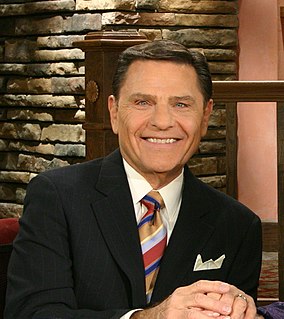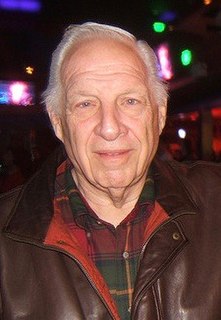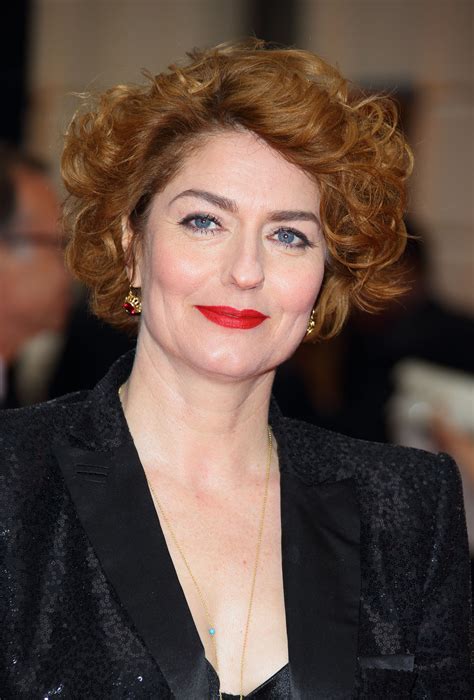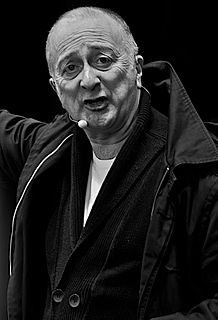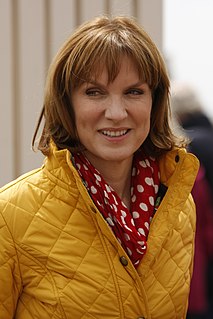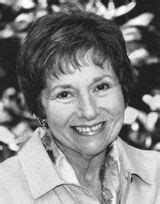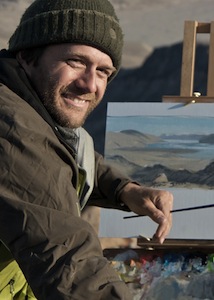A Quote by Kenneth Copeland
Like most parents, Gloria and I had to deal with the problems of rebellion in our children. We realized that it had to be stopped quickly before it developed into a serious situation.
Related Quotes
Co-parenting is probably the toughest situation that I've had to deal with because my ex and I really just don't get along. So, at the end of the day, I would tell any parents listening that once you're separated from your significant other - the father of your children, the mother of your children - the most important thing is the kids' happiness.
It is misleading to discuss recent changes in family life without emphasizing the fact that for generations some Americans have had to raise children under particularly appalling pressures. Although much of what is worrying American parents is shared by them all, the most grievous problems are those that especially afflict a large minority--the poor, the nonwhite and, in various ways, the parents of handicapped children.
I had a tough childhood, yes. I was born in rural Bangladesh to parents who had had no education beyond high school. We moved to the UK where I grew up in poverty, in some of the worst conditions in a developed economy, before moving to the projects - heaven - and I went to unremarkable schools before going to university. My father was a bus conductor first and then a waiter, and my mother a seamstress.
People who, as children, were intellectually far beyond their parents and therefore admired by them, but who also therefore had to solve their own problems alone. These people, who give us a feeling of their intellectual strength and will power, also seem to demand that we, too, ought to fight off any feeling of weakness with intellectual means. In their presence one feels one cannot be recognized as a person with problems just as they and their problems were unrecognized by their parents, for whom he always had to be strong.
'Our parents' generation had it a lot tougher than we did. They had to live through the Depression, World War II, and then they had to, you know, try to pick up the pieces of their lives and bring up their children. And, it was a great example for us. I guess we grew up with a certain amount of the ethics our parents had, which is, you know: work hard, make your own way, be independent.
...I had to point at Hanna. But the finger I pointed at her turned back to me. I had loved her. I tried to tell myself that I had known nothing of what she had done when I chose her. I tried to talk myself into the state of innocence in which children love their parents. But love of our parents is the only love for which we are not responsible. ...And perhaps we are responsible even for the love we feel for our parents.
